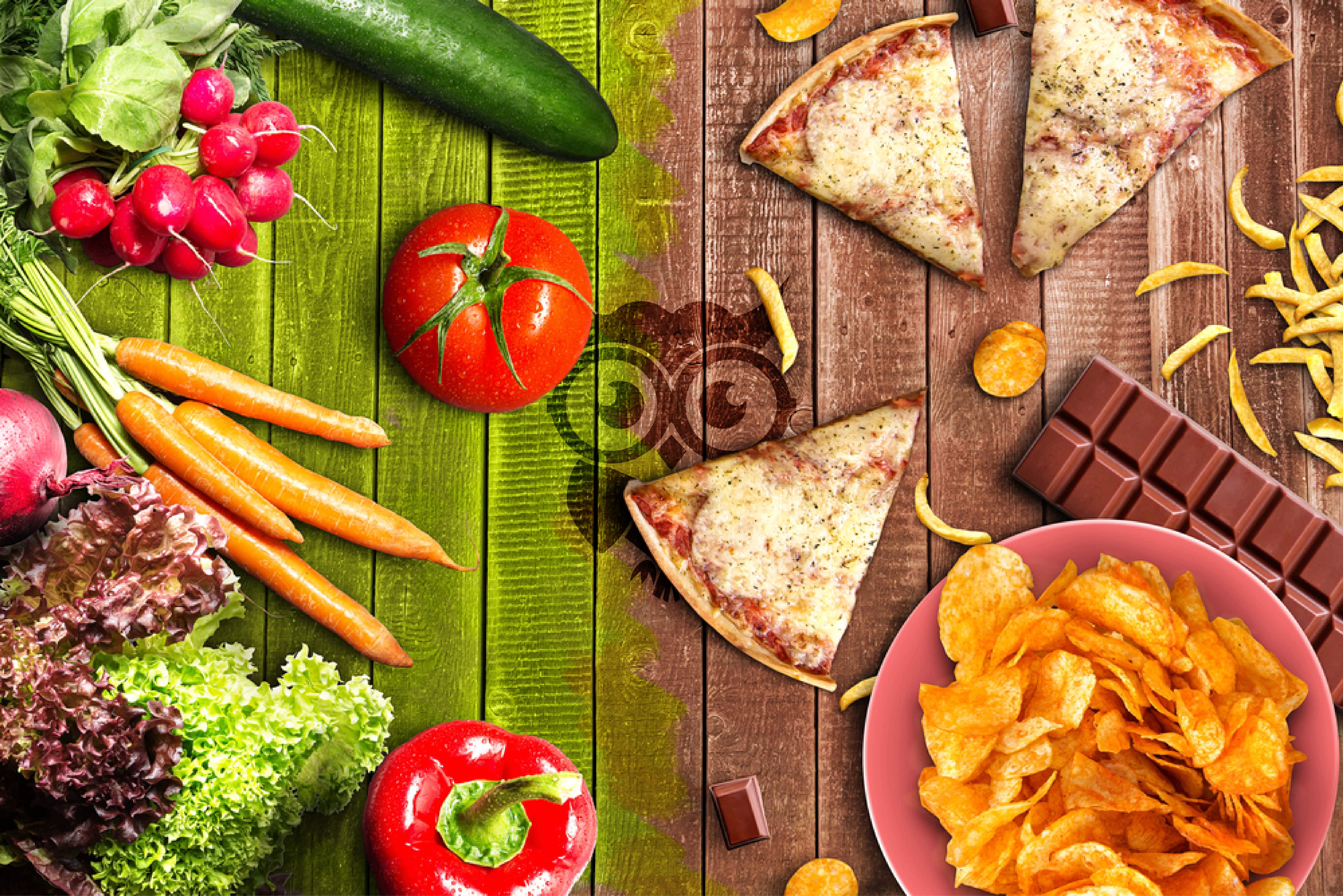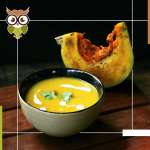Ditch the All or Nothing Mentality!
Our society has solely been focussing on ‘weight loss’ for a long time now. With the increasing number of individuals buying into the trend of fad diets, it is alarming to see the lengths to which people are willing to go, in order to lose weight. Avoiding carbohydrates, following extremely restrictive diets just before a special occasion, fasting for days together… The list is endless! All this makes me question What is our relationship with food like? Do we look at it as something to nourish us or something that we fear?
This article aims to throw light on our relationship with food. Beyond diets and weight loss, there are several factors that need to be looked at. Scaremongering is very common in the fitness industry and has lead to many of us having a skewed relationship with food.
For instance, When someone is on a ‘diet’ or is looking to change their habits for the better, they automatically assume that the only approach to do so is to be restrictive. This leads to an extremely rigid mentality, which we call ‘dichotomous thinking’. Dichotomous thinking is defined as thinking in terms of binary oppositions such as “good or bad”, “black or white”, or “all or nothing” (1). How does this apply to nutrition? A classic example of this would be ‘clean eating’. ‘Clean eating’ is a trend that has been growing rampantly and involves consumption of whole foods with no inclusion of processed foods. Now, this may look harmless, but invariably this trend has assigned moral values to food. Whole foods are ‘good’ and processed food is ‘bad’. With scant disregard to energy balance, we have assumed that eating ‘clean food’ has the ability to elicit weight loss and has a higher moral value. In contrast, ‘junk food’ is looked upon as inherently ‘bad’ and ‘unclean’. This tends to create fear or anxiety around ‘bad’ foods in the long run. Dichotomous thinking is not only restricted to food, but also weight (acceptable vs unacceptable) and diets (on a diet vs off a diet) (2).
To start with, I’m going to clear one myth that never seems to die in this field. No single food can cause weight loss or weight gain. No single food is inherently ‘good’ or ‘bad’. Assigning moral values to food and weight is problematic. In fact, rigid dietary control is often characterized by dichotomous thinking. Further, those engaging in rigid dietary methods are more likely to report symptoms of eating disorders, mood disturbances, higher anxiety and excessive concern with body size/shape compared to those with flexible dietary strategies (3). This is definitely a cause for concern. In contrast to rigid and restrictive eating patterns, a more flexible approach seems to have a positive effect on behaviours (4).
So how do you change your mindset? While this takes time, if you do have anxiety issues around certain food, the first step would be to stop ‘dieting’. Approach a professional specialising in eating disorders/disordered eating. Your relationship with food is a lot more important than you think. Restrictive eating and dieting only does more damage than good in the long run. Understand that any food in isolation is neither harmful nor beneficial. Some foods happen to be more nutrient dense than their counterparts. This article does not mean to imply that you now have a freeway to load up on cakes and pastries, nor does it say you need to only eat salads. The purpose of this article is to make you aware that extreme restriction is problematic. Learning a more flexible approach, instead of assigning labels to food improves your relationship with food and leads to a healthier lifestyle, both mentally and physically.
References:
(1) Oshio, A. Development and validation of the Dichotomous Thinking Inventory. Social Behaviour and Personality. 2009; 37(6):729-741.
(2) Dove, ER, Byrne, SM, Bruce, NW. Effect of dichotomous thinking on the association of depression with BMI and weight change among obese females. Behaviour and Research Therapy.2009;47(6):529-534.
(3) Stewart, TM, Willaimson, DA, White, MA. Rigid vs. flexible dieting: association with eating disorder symptoms in nonobese women. Appetite. 2002;38(1):39-44.
(4) Smith, CF, Williamson, DA, Bray, GA, Ryan, DH.Flexible vs. Rigid Dieting Strategies: Relationship with Adverse Behavioral Outcomes. Appetite.1999;32(3):295-305.
(5) Palascha A, van Kleef,E, van Trijp, HC. How does thinking in Black and White terms relate to eating behavior and weight regain?Journal of Health Psychology. 2015;20:638-648.



